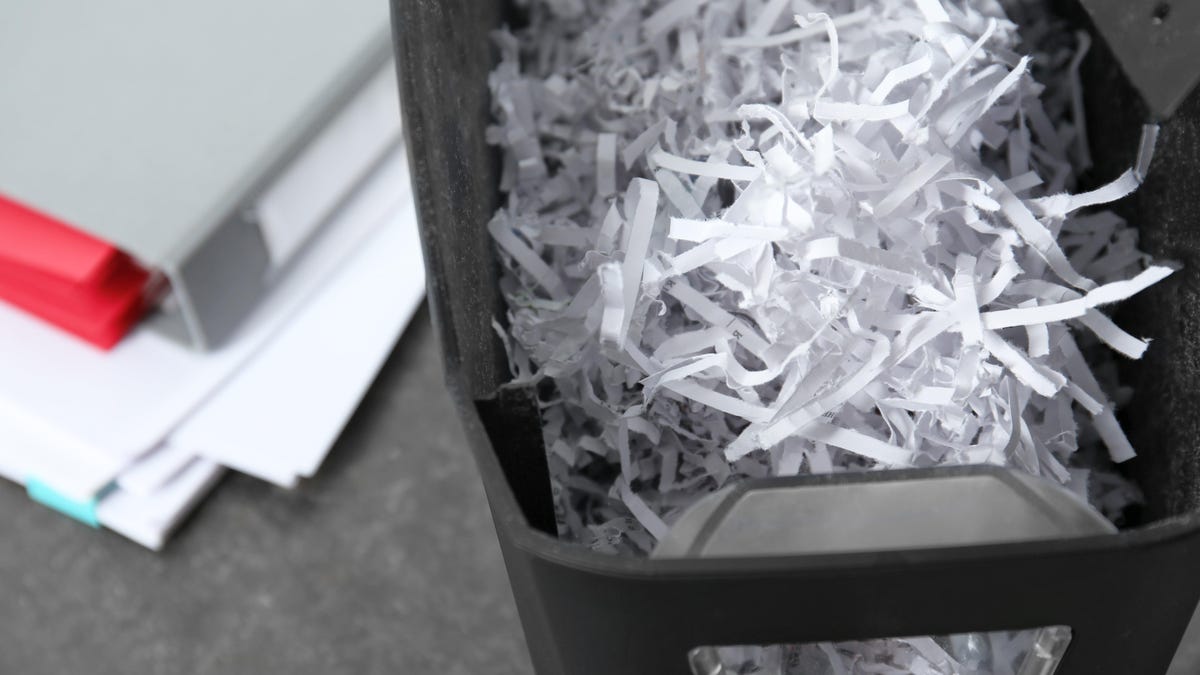How Long to Keep Each Important Financial Document

I used to laugh when I received an official document that told me to “keep a copy for your records”. My “notes” were a pile in the living room that ended up crammed into a filing cabinet along with my TV’s instruction manual and old birthday cards from my Nana. But an unexpected IRS check showed me that I was wrong, and now I’m pretty meticulous about keeping records.
Properly storing, preserving, and disposing of financial records is not only a good way to get rid of clutter and save yourself from potentially nightmarish paperwork when the Man calls. It also makes it harder for your identity to be stolen.
(Because this post is about financial information, please note the following caveat: this post is for general informational purposes only. Please consult a financial professional before doing anything in this document.)
How to store your most important documents
If you lived your ideal life, you would scan your most important documents, encrypt your digital records, and then store them on a password-protected computer. Hard copies will be placed in a fireproof safe, a bank safe deposit box, or a locked filing cabinet.
This applies to documents that should never be lost, for example :
- Social security card
- Birth certificate
- Marriage certificate
- Judgment for divorce
- Insurance policies
- property matters
- Vehicle titles
- Will and related documents
You must also scan and encrypt your passport, driver’s license, and insurance cards. But you will probably need them, so a safe might not be their best home.
How long to keep tax documents
It’s really impossible to give an exhaustive “dump” date for tax reporting – taxes are complicated. But, as a general rule, you must keep federal tax records for three years from the filing date or two years from the tax payment date, whichever is later. This is the IRS “limitation period”, the time during which you can amend your tax return, or the IRS can charge additional tax.
However, there are exceptions. If you are more than 25% underpaid in taxes, the IRS requires you to keep records for six years. If you filed for damages on worthless securities or bad debts, keep the documents for seven years. The IRS says you must keep your tax records forever if you file a fraudulent return, no matter what the cost.
Details can be found on the IRS website . This is not something to mess around with, so check with an accountant or other financial professional if you have literally any questions or concerns.
The length of time you must keep state or local tax records varies by state and locality.
Keep these types of documents forever
Aside from tax returns, the more important and irreplaceable the documents, the longer you need to keep them. Some things are so vital that they should never be disposed of – let your heirs deal with them. This applies to entries such as:
- Audit reports
- Accounting for shares and bonds
- Voided checks for important purchases
- Contracts and mortgages still in place
- Patents and property records
- Allied agreements
- Love letters (this is just my personal opinion)
Visit the Better Business Bureau website for a complete list of documents to be “keep forever”.
Keep these types of documents for seven years.
The next level on the “keep it or throw it away” list are the documents you must keep for seven years. This includes things like:
- Accident reports
- Expired contracts
- decorations
- Accounts
- Payroll records
- Personal matters (if you were fired)
A complete list can be found on the BBB website .
Keep these documents for three years.
These kinds of records are less important and you only need to keep them for three years:
- Bank statements
- Job Applications
- Expired insurance policies
Keep these documents for two years.
Now we’re moving on to the more ephemeral documents you might need, so you can keep them for a couple of years. This includes documents such as:
- General correspondence
- Duplicate deposit receipts
How to properly manage financial and personal documents
If you’ve been keeping those payrolls for exactly seven years and now want to cut them out of your life, don’t just throw them in the trash. This is how old-school slackers get your personal information, impersonate you, and ruin your life. Therefore, you will have to grind them.
Home shredders are relatively inexpensive. The best ones can work with credit cards, and they overlap making shredded documents very hard to put together. There are also companies that specialize in document shredding, including shredders that will come to your home and destroy it. If there is a UPS store near you, chances are good that they will destroy for you too. Then there is the municipal shredding. Some cities have shredding days where you can bring your paperwork or run permanent shredding centers. As a last resort, call Marissa Paternoster, the Screaming Females guitarist who shreds hardcore .